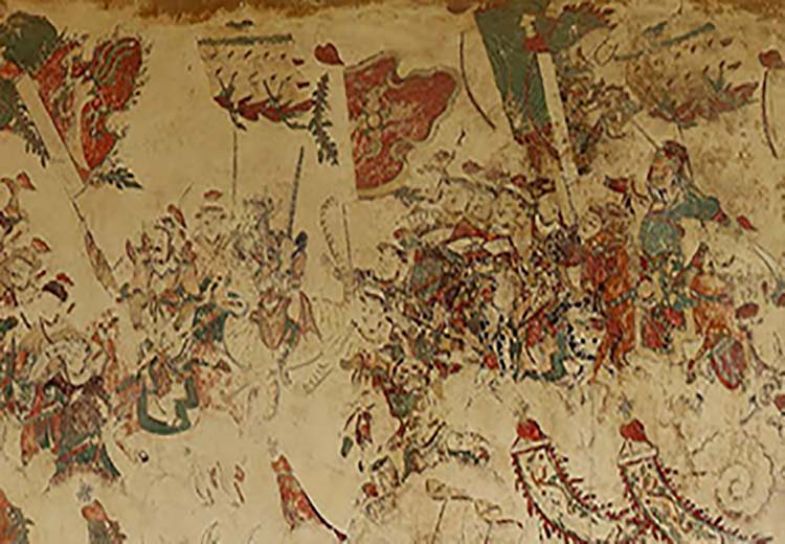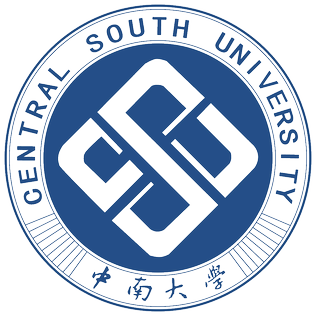
The humanities and social he humanities and social science programmes at Central South University (CSU) are grounded in strong theoretical origins, but they also have great practical application and inform decisions about the use of resources.
DIGGING DEEP INTO VILLAGE CULTURE FROM THE PAST
A knowledge of heritage is essential for a balanced and harmonious society. Humanities and social science researchers at CSU are dedicated to studying the cultural links of human communities through the ages, reflecting on their social values, and the relationships between people and the natural world.
Studies of more than 5,000 traditional Chinese villages to offer clues for policies on environmental protection, and use of resources, production and economic models, and local governance, are part of an innovative new framework for cultural studies.
This work is produced by a research centre at CSU, the country’s first platform in village studies that integrates cultural protection and research, collection and display of artifacts and literature, as well as database construction.
This interdisciplinary approach defines a new area of cultural studies. “Village culture is integral to traditional Chinese culture,” said Hu Binbin, a CSU professor who leads the centre. “It is a valuable resource for understanding.” Hu’s work draws on first-hand data from his team’s fieldwork. Their ethnographical studies on folklore, religion and architecture have informed cultural preservation. A mural found in a village in Hunan by other scientists at the centre is the largest, oldest, and best preserved painting produced by Yao people ever discovered.
POLICY STUDIES GUIDING THE FUTURE OF METAL RESOURCES
CSU’s social science programmes are in line with a university strategy that emphasizes interdisciplinary collaboration across humanities, social sciences, natural sciences, engineering and medical science.
With the establishment of the Institute of Metal Resources Strategy, CSU’s research resources from business management, applied economics, non-ferrous metals, material science, information science and mathematics are integrated, leading to a national thinktank for the metal resource industry.
The institute has made progress on resource security management, enhancing pricing control for metal resources, urban metal resource development, and advanced materials innovation strategy. Institute researchers proposed deep sea mining regulations and under their strategy, deep sea mining was designated as a national engineering project essential for development. Having undertaken several national research projects, the institute’s results were published in leading journals on resources, and informed regional and national government metal resource policy-making, as well as decision-making by large companies.
An interdisciplinary team has also been set up to work on protection of the right of people to access healthcare. With grant supports from major projects of the National Social Science Foundation and the Ministry of Education, research by the the health law team on ways to enshrine and implement universal healthcare access has been adopted by national legislative bodies and won many awards. It has informed the legislation of China’s Basic Healthcare and Health Promotion Law (draft).
CSU is also China’s only university offering doctoral and master’s degrees in health law. It has established close collaboration with Yale University, Georgetown University and the University of Groningen.




